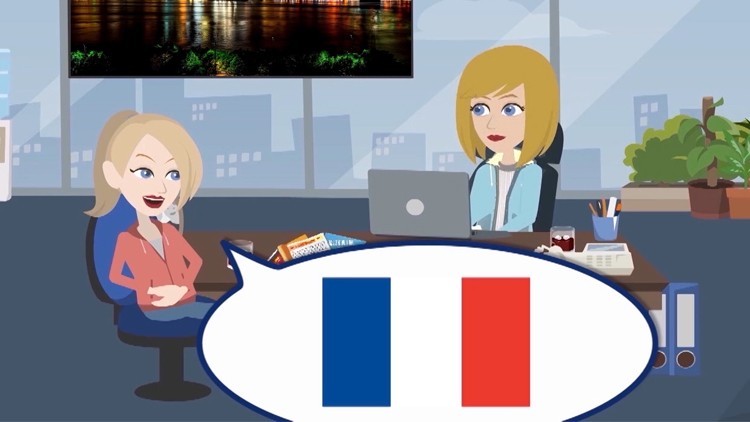French for you. French language course for beginners
Learn French, Conversational French, French Pronunciation, French Vocabulary and grammar, cours de français débutants
4.49 (432 reviews)

2,631
students
12 hours
content
Mar 2025
last update
$69.99
regular price
What you will learn
Understand French as it is really spoken in France.
Get the correct French pronunciation and speak naturally
Have sufficient grammatical knowledge to prepare for the Delf A2 and B1 exams
Be well prepared for the written language thanks to exercises and dictations
Screenshots




Related Topics
2483102
udemy ID
7/29/2019
course created date
8/20/2019
course indexed date
Bot
course submited by